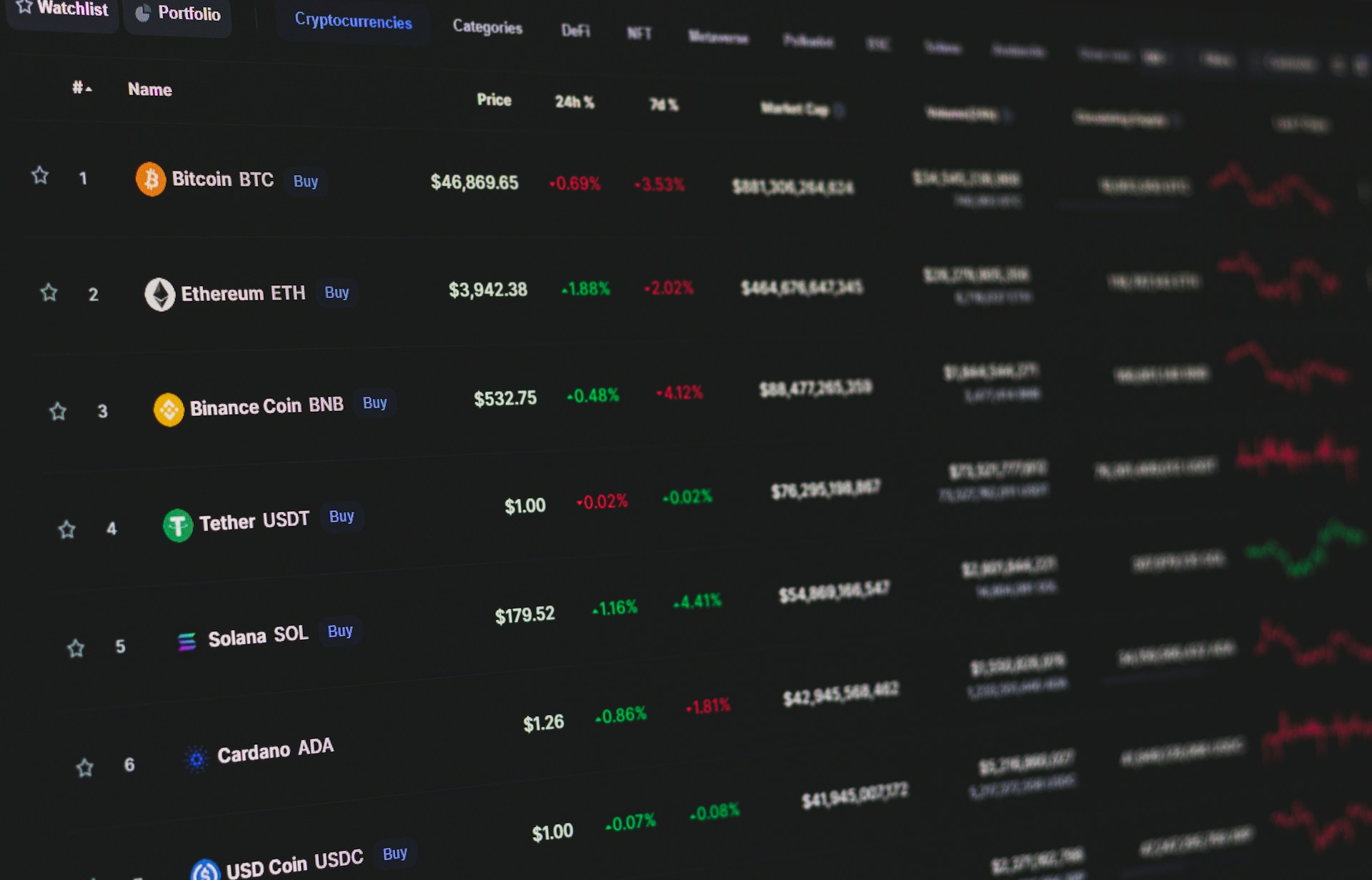When I first learned about blockchain, the technology seemed limited to the realm of cryptocurrencies and finance. But as I dug deeper, I discovered that blockchain has the potential to reshape various industries, including one we all rely on every day: agriculture. Sustainable farming practices are becoming increasingly important, and blockchain technology could play a key role in making these practices more efficient, transparent, and scalable.
In agriculture, sustainability often hinges on better resource management and traceability. Farmers and consumers alike need assurance that crops are grown responsibly, without excessive water usage, harmful pesticides, or unfair labor practices. Blockchain technology provides a decentralized and immutable ledger, which means every stage of the farming process, from planting to harvest to market, can be tracked and recorded with unparalleled transparency. This kind of traceability not only benefits consumers but also holds producers accountable for their practices, encouraging more sustainable methods.
Beyond transparency, blockchain offers real-world solutions for small farmers. By connecting them directly with suppliers and buyers on the blockchain, farmers can cut out intermediaries and earn a fairer price for their produce. They’re also empowered to secure better deals on seeds, tools, and other essentials through peer-to-peer transactions. Additionally, blockchain-based smart contracts ensure that farmers are paid immediately once agreed conditions are met, providing a financial security that traditional supply chains can’t guarantee.
Moreover, blockchain can optimize the distribution of resources, such as water, fertilizer, and pesticides, by collecting and analyzing data across multiple farms. This helps farmers make better decisions and reduces resource waste—key factors in sustainable agriculture.
While blockchain in agriculture is still in its infancy, its potential is exciting. By promoting transparency, supporting small farmers, and enhancing resource management, blockchain can be a powerful tool in building a more sustainable and resilient food system for the future.
